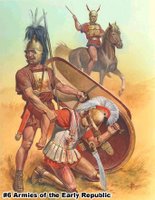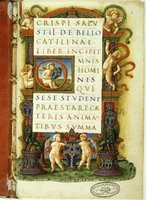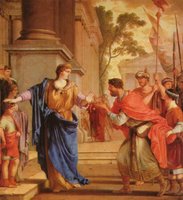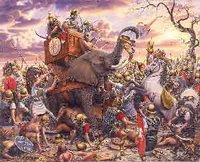 Please watch Go Home Sam, a "reader's theater" presentation done by students at Aberdeen Central some years ago. Then read The Pot of Gold, Pseudolus, or The Brothers Menaechmus and think about what you might include in a reader's theater style adaptation of the play. On Tuesday next week, the first 40 minutes of class will be devoted to preparing your presentations, and the last 35 minutes to the presentations themselves. You will be working with other students who read the same play you did.
Please watch Go Home Sam, a "reader's theater" presentation done by students at Aberdeen Central some years ago. Then read The Pot of Gold, Pseudolus, or The Brothers Menaechmus and think about what you might include in a reader's theater style adaptation of the play. On Tuesday next week, the first 40 minutes of class will be devoted to preparing your presentations, and the last 35 minutes to the presentations themselves. You will be working with other students who read the same play you did.Share here some ideas on what you might want to see your group include. What lines/passages would be particularly good for showing what the play says about Roman values, family relationships, romantic relationships, day-to-day life, religion, etc.?





